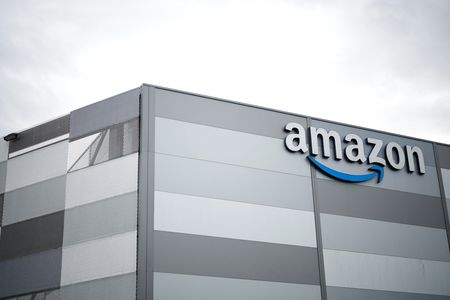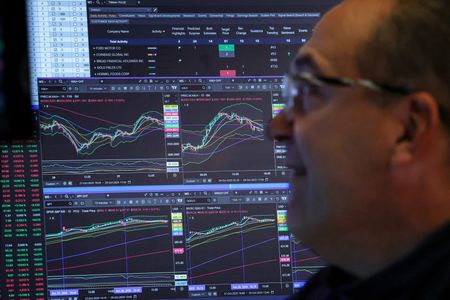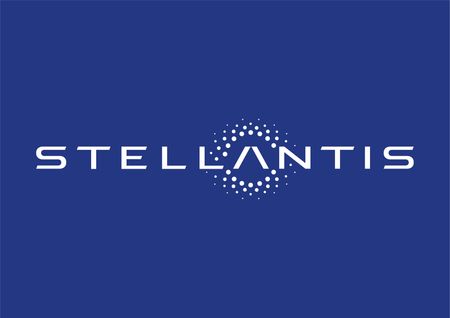By Lili Bayer and Andrew Gray
BRUSSELS (Reuters) -Online platforms subject to landmark EU tech rules could be required to detect and tackle hybrid threats in Europe under a proposal set to be announced by the European Commission next month and seen by Reuters.
The EU uses the term hybrid threats to refer to coordinated attacks using a combination of economic, technological or other measures that fall short of formal warfare. They can include such things as disinformation campaigns or the use of social media to control the political narrative.
The document, known as the European Democracy Shield, is part of European Union efforts to counter foreign information manipulation and interference and protect and promote democracy across the 27-country bloc, triggered in part by Russian misinformation.
Under the Digital Services Act which became applicable last year, Alphabet’s Google, Microsoft, Meta Platforms, Elon Musk’s X, TikTok and other online platforms have to do more to tackle illegal and harmful content on their platforms.
They may have to broaden their efforts under the European Democracy Shield.
“The Commission will prepare a DSA crisis protocol for hybrid threats, to better detect, deter and respond to incident and crises which will be developed with online platforms, national authorities and relevant stakeholders,” the document said.
The document will also urge tech companies which signed up to the Code of Conduct on disinformation to analyse threats posed by deepfakes and AI-generated videos and media to elections, and identify measures to counter them.
Signatories to the Code include Google, Microsoft, Meta and TikTok.
EU tech chief Henna Virkkunen is expected to announce the proposal on November 13, according to a Commission agenda. The timing and the details could still change until then.
(Writng by Foo Yun Chee; Editing by Jan Harvey)











